

UNITY
LED LIGHTING
(972) 242-2211
EPA RECOGNIZED LAB

LM79 TESTING
(OPTICAL/ELECTRICAL)
Unity has invested considerable time and resources in an effort to improve our testing capabilities. In February 2012 Unity was accredited by the American Association for Laboratory Accreditation (A2LA), and is recognized by the EPA to perform Energy Star, LM-79 and LM-80 testing. Our EPA recognized lab, Unity Opto Optics Laboratory, has given us the ability to perform in-house testing, allowing us to reduce the cost and lead time typically associated with these certifications. See the links below for details on the various testing procedures that we are qualified to perform.
LM80 TESTING
(LIFE TEST)

THERMAL ANALYSIS
LM79 TESTING
Electrical and Photometric Measurements of Solid-State Lighting Products
-
LM-79 testing applies to LED-based products incorporating control electronics and heat sinks:
-
Products requiring only line voltage or DC power supply
-
Includes complete LED luminaires
-
Integrated LED sources (LED chips with heat sinks)
-
-
LM-79 requires complete luminaire testing
-
Traditionally, photometric evaluation of lighting products is based on separate tests for lamps and luminaires
-
For SSL products, LED lamps typically cannot be separated from their luminaire because of heat effects
-
-
Unity is approved to test the following Solid-State Lighting characteristics
-
Total Luminous Flux
-
Electrical Power
-
Efficacy (lm/watt)
-
Chromaticity Coordinates
-
CCT
-
CRI
-
Luminaire Photometry
-
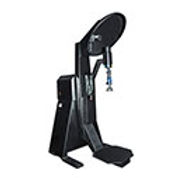

LM80 TESTING
Measuring Lumen Maintenance of LED Light Sources
-
Unity is approved to test and measure lumen depreciation of the following:
-
Solid-state (LED) light sources
-
Arrays
-
Modules
-
-
LM-80 does not cover the testing and measurement of Solid-State Lighting luminaires
Click here for the US Department of Energy's complete specification for LM-79 and LM-80 testing
Unity invests heavily in the equipment used for LM-80 testing in our state of the art lab:
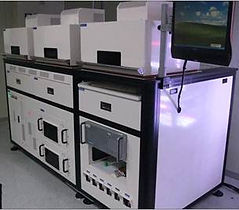
Thermal Bench
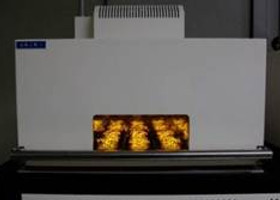
Multi-Channel Power Source
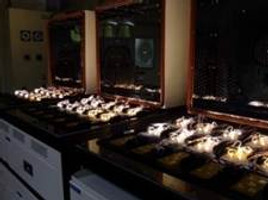
Oven
THERMAL ANALYSIS
Thermal Analysis involves analyzing the physical properties of materials as they change with temperature. The efficiency and reliability of solid state lighting depends on successful thermal management. Unity's testing allows for an in-depth analysis of the thermal properties of our products, including:
-
Junction Temperature
-
Case Temperature
-
Thermal Resistance
-
Thermal Shock
-
Storage Temperature (high/low)
-
Temperature Humidity Storage
-
Operating Temperature

Unity invests heavily in the equipment used for thermal analysis in our state of the art lab:
CCT (CORRELATED COLOR TEMPERATURE)
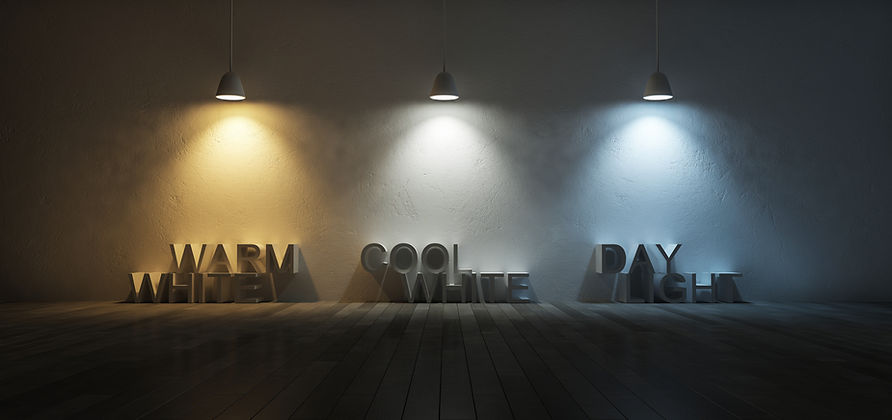
The correlated color temperature (CCT) is a specification of the color appearance of the light emitted by a lamp, relating its color to the color of light from a reference source when heated to a particular temperature, measured in degrees Kelvin (K). The CCT rating for a lamp is a general "warmth" or "coolness" measure of its appearance. However, opposite to the temperature scale, lamps with a CCT rating below 3200K are usually considered "warm" sources (Warm White), while those with a CCT above 4000K are usually considered "cool" in appearance (Cool White).


